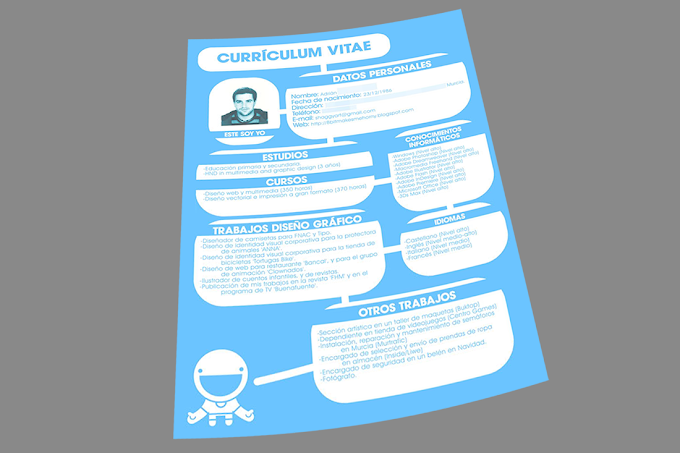Auto insurance is a crucial aspect of financial planning for workers, ensuring protection against potential financial losses resulting from accidents, theft, or other unforeseen events on the road. Understanding the nuances of auto insurance can empower workers to make informed decisions regarding coverage options that align with their needs and budget.
Understanding Auto Insurance Coverage:
Workers seeking auto insurance coverage should familiarize themselves with the various types of coverage available. Liability coverage, which is often mandatory, provides financial protection in the event the insured is at fault in an accident, covering bodily injury and property damage expenses for the other party. Additionally, collision coverage protects the insured's vehicle in the event of a collision, while comprehensive coverage extends protection to cover damages from non-collision incidents such as theft, vandalism, or natural disasters.
Factors Influencing Premiums:
Several factors influence auto insurance premiums for workers. These include driving history, age, location, type of vehicle, and coverage options chosen. Workers with a clean driving record typically enjoy lower premiums, while those residing in areas prone to accidents or theft may face higher rates. Additionally, the type of vehicle being insured, its age, and safety features play a significant role in determining premiums.
Discounts and Savings Opportunities:
Workers can take advantage of various discounts and savings opportunities offered by auto insurance providers. These may include discounts for bundling multiple policies, maintaining a safe driving record, completing defensive driving courses, installing anti-theft devices, or being a member of certain professional organizations. By exploring these discounts, workers can potentially reduce their insurance costs while maintaining adequate coverage.
Navigating Claims Processes:
In the unfortunate event of an accident or other covered incident, workers must understand the claims process to ensure a smooth experience. It's essential to promptly report the incident to the insurance provider and provide accurate information regarding the circumstances. Insurers typically conduct investigations to assess liability and determine coverage, after which they facilitate repairs or provide compensation as per the policy terms.
Evaluating Coverage Needs: As workers' circumstances change over time, it's essential to periodically reassess auto insurance coverage needs. Factors such as changes in employment, residence, or vehicle ownership may warrant adjustments to coverage levels or policy features. By regularly reviewing their coverage and consulting with insurance professionals, workers can ensure they have adequate protection without overpaying for unnecessary coverage.
Auto insurance is a vital aspect of financial planning for workers, offering protection against potential financial losses resulting from accidents or other unforeseen events on the road. By understanding coverage options, factors influencing premiums, available discounts, and the claims process, workers can make informed decisions to secure the appropriate level of coverage for their needs. Regularly evaluating coverage needs ensures continued protection in the face of evolving circumstances.








0 Comentarios